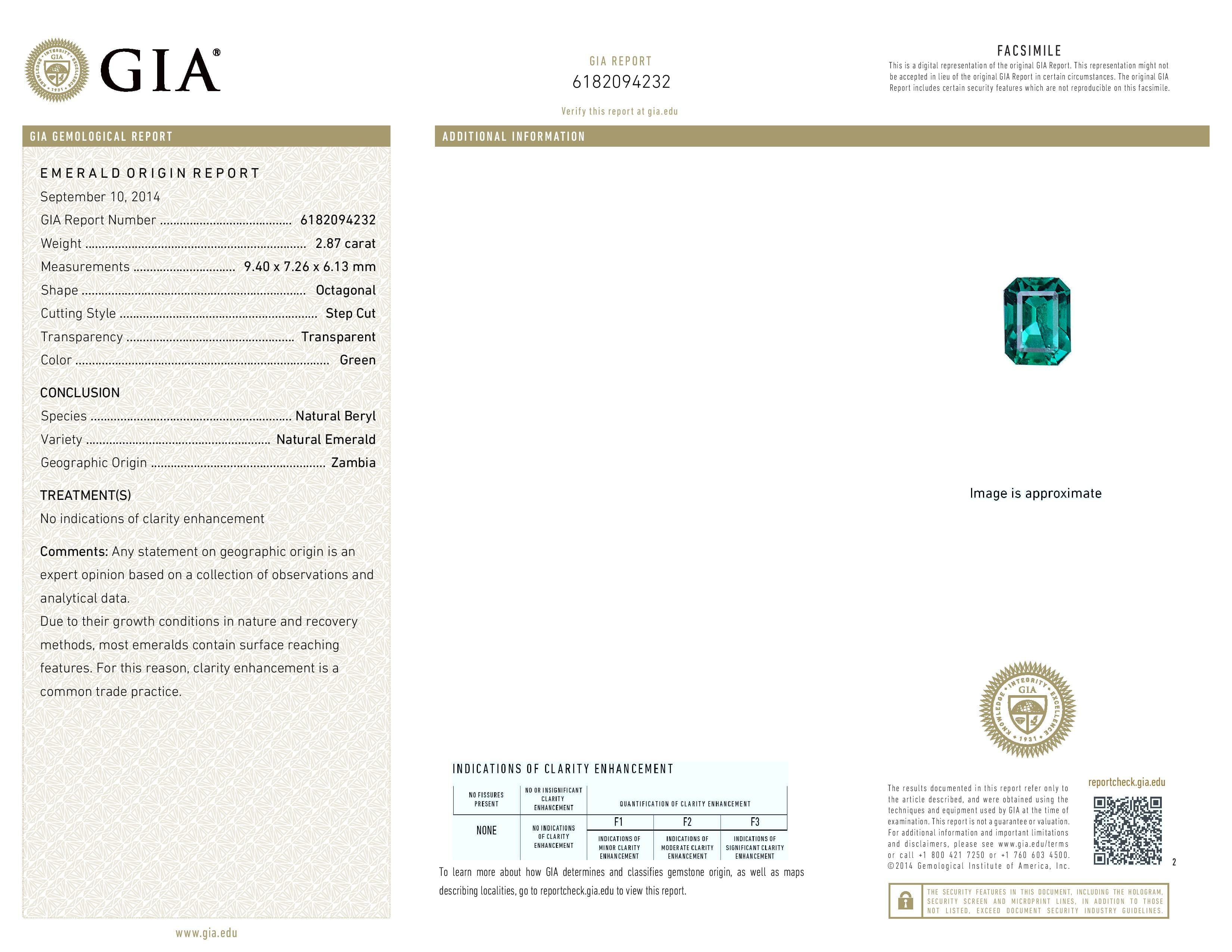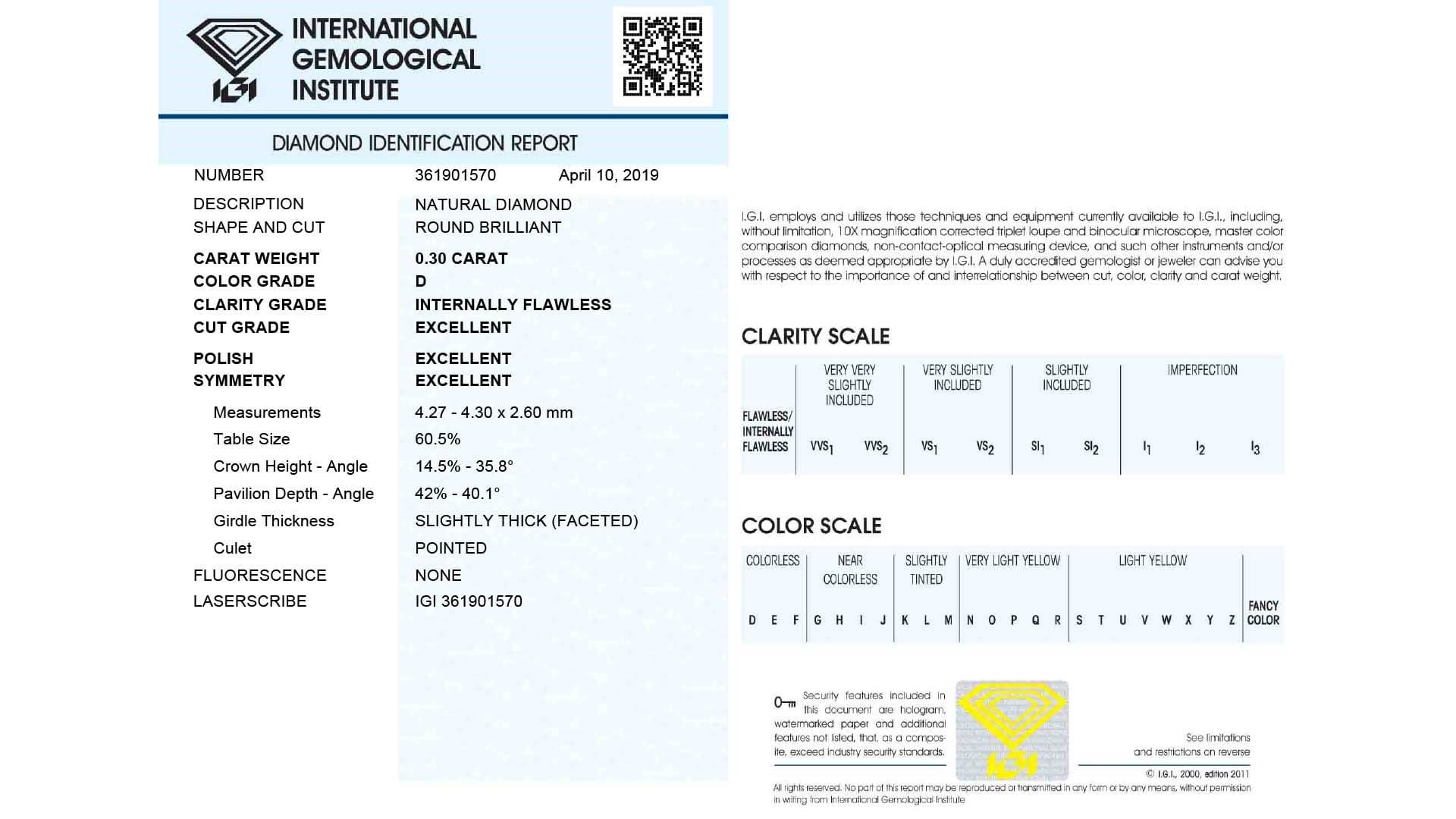

Establishing appropriate regulations is difficult when it’s unknown how new developments are affecting at-risk gamblers. One option would be to find worthy non-governmental gambling support programs and offer them financial support.Īt the same time, there are many facets of problem gambling where research is lacking. In some cases, the problem may be a matter of shifting political priorities.Įven where the will exists, however, there often aren’t any existing programs to invest in, and the amount of money available isn’t sufficient to create one from scratch. Yet, this year, a study looked at 14 such states and found that only six were actually funding such initiatives. 86% of states with some form of legal gambling allocate some of the proceeds for such purposes. The report also points out two separate problems which, in fact, have a common solution.įirstly, there is the issue that money earmarked for responsible gambling initiatives rarely ends up where it’s supposed to.

Independent research is a worthwhile investment Legal, regulated companies can share data with government or university research teams to analyze player behavior and develop a better understanding of the problem. It’s extremely hard to study, let alone deal with, when the necessary data is in the hands of offshore companies serving a black market. The same principle applies when it comes to problem gambling. One advantage of legalized sports betting is that it enables cooperation between sportsbooks, the leagues, and law enforcement. Quite often, the betting patterns that result from referee or player corruption can be more of a giveaway than any events on the field of play. When betting is legal, however, the bookmakers can help in detecting it when it happens. The answer is that match fixing can occur in any sport, whether betting is happening legally or illegally. This is whether legal sports betting adversely impacts the integrity of the sports in question. The industry has the data to help solve its own problemsĪmong the report’s questions is one that comes up in nearly every legislative hearing related to sports betting.

Enlisting an outside entity like the IGI to help educate lawmakers is a good compromise in this regard. The trouble with this, of course, is that the industry cannot be impartial, as it stands to benefit more from certain legislative approaches. When it comes to regulating an industry, that means consulting with the companies in question. They are, by necessity, reliant on outside specialists to inform their efforts. It’s important to remember, however, that lawmakers have to craft legislation on every topic imaginable, and cannot be expected to be experts on everything. It may seem surprising that such a primer is necessary. Topics like these have already been covered at length by OnlinePokerReport and similar outlets for gambling news. For instance, it opens with an explanation of how federal laws like UIGEA, PASPA and the Wire Act affect state-level gambling legislation. Some of the questions in the report are extremely basic. Lawmakers are generalists who require advice from specialists Collaboration between all stakeholders is necessary in order to address it, including: This is that harm reduction in gambling is complicated puzzle to which no one party holds all the pieces. GVC and researchers from IGI collaborated to produce a list of 12 questions, which IGI researchers then attempted to answer in terms understandable to someone without a background in the industry.Īs important as some of those specific answers are, they highlight a more general and critical point. It was sponsored by the US wing of European gambling giant GVC, which has entered the online space in partnership with MGM Resorts International. Much of what it has to say is just as applicable to other forms of online gambling, however, including the poker and casino verticals. Titled “The Big Questions: Sports Wagering in America”, the report aims to serve as a primer for state-level lawmakers considering the legalization of sports betting. On August 1, the International Gaming Institute (IGI) at the University of Nevada, Las Vegas (UNLV) published a report on US gambling expansion.


 0 kommentar(er)
0 kommentar(er)
